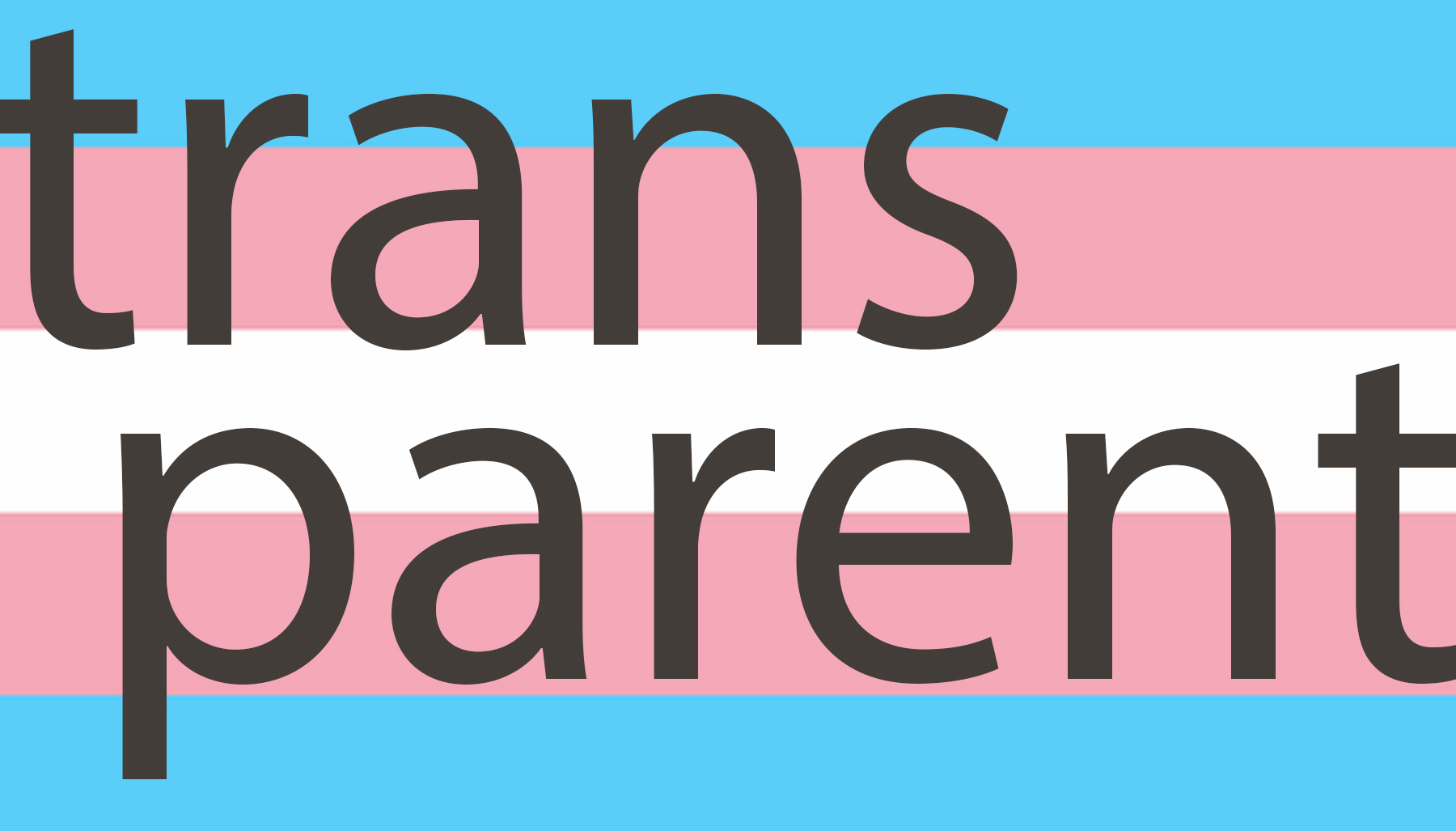
The importance of sexual health today
By Samuel Smith, Columnist
Recently, a new study that took place over the span of eight years was released, detailing the effectiveness of antiretroviral therapy for HIV. The study was of almost 1,000 gay male couples, in which one partner had HIV and was on ART (antiretroviral therapy), and one who was not, who had sex without barrier forms of protection. During the study, they found that nobody in the study passed on HIV to their partner. Similarly, it’s been shown that Truvada – a PrEP (pre-exposure prophylaxis) medication to preemptively prevent HIV – is 92%-99% effective.
This is really exciting! The fact that people who live with HIV can go on and have partners and romantic interests and not have to abstain is great! But, the cost of antiretroviral therapies can be in the thousands. The same goes for Truvada, which is nearly $2,000 for a 30 day supply without insurance. This makes Truvada out of reach for many. This means that, while approximately 1.2 million people could benefit from Truvada, only around 100,000 people are actively benefiting from the drug.
Until! Gilead, the company that makes and sells Truvada, announced that they will be releasing a generic in 2020 – a year earlier than expected. By releasing a generic version of Truvada, they will be dramatically reducing the expected cost. Gilead will also donate Truvada for up to 11 years for 200,000 people. This will greatly reduce the exposure risk for hundreds of thousands of Americans who are at-risk for contracting HIV.
It isn’t just cutting-edge HIV medications that are expensive and out-of-reach. Every doctor’s appointment costs money, and many AFAB (assigned female at birth) folks can not afford to see their doctor or gynecologist for yearly wellness exams or STI screenings. Birth control can cost anything from pennies to over a thousand dollars. Birth control is often a lifesaver for people who experience disorders like endometriosis, polycystic ovarian syndrome, and premenstrual dysphoric disorder, and, believe it or not, for people who want to have sex! Sexual health should be an equal-access issue, and access to contraceptives, preventative medications, and vaccinations should not have any barriers (except maybe health concerns or other medications that would counteract or counter indicate the medication).
Sexual health spans across sexualities. In fact, for this article, I would argue that sexual identity labels are not needed in terms of quantifying sexual behaviors. For example, in “Dude-Sex: White Masculinities and ‘Authentic’ Heterosexuality Among Dudes Who Have Sex With Dudes”, it describes self-identified “heterosexual” men who engage in sexual activity with other men. It describes the advertisements heterosexual men post online (mainly on Craiglist) looking for other men to, typically, discuss heterosexual fantasies with and engage in sexual acts with. Few of these men describe themselves as “bi-curious”. For most of them, it seems that sexual acts with other men are tied in some way to statements of heterosexuality, such as discussing sexual acts involving women. What ends up happening though, is often times, these men will not have access to the same resources or education that gay or bisexual identified men will have. Yet, because they are sexually active with men (or sexually active in general), they need access to resources, education, and healthcare specific to their sexual activity, not their sexuality’s identity.
(I will address that there is an issue with racism and appropriation in the advertisements these men post, often appropriating Black and Latino. White “str8 dudes” will often “rely upon ‘urban’ slang derived from Black culture to represent heterosexuality”. This is an issue within itself that needs to be addressed amongst heterosexual white men who have sex with men.)
I haven’t even gotten into the issue of trans-identified sexual health. The lack of resources for transgender people regarding sexual health is astounding. Anecdotally, gynecologists will often overlook a transgender man or masculine person’s dysphoria when prescribing birth control, and it’s often through word-of-mouth that transmasculine individuals find out about forms of birth control that are less dysphoria inducing, or forms of birth control that will actually alleviate gender dysphoria. Trans people are often not offered the same level of care and sensitivity in regards to sexual health and family planning. For me, personally, my hysterectomy (for PCOS and endometriosis) was almost canceled by the hospital I was going to be seen at since they didn’t do gender-confirmation related surgeries and did not believe my hysterectomy was for chronic, incurable conditions. I’ve known cisgender women who were flat out denied hysterectomies until they had a husband to approve of the surgery, just in case they wanted children. Nevermind if they were lesbian or celibate or simply didn’t want to get married (now or later).
Oh, and forget about the costs of trans healthcare. It’s ridiculously expensive to pay for hormone replacement therapy and gender-confirming surgeries, and when transgender people are less likely to be employed, and more likely to be poor, it’s often difficult to pay for much-needed checkups, OBGYN appointments, and STI screenings, if not near impossible.
Education regarding sexual health is a must. But, that being said, the purpose of education becomes null if it’s not inclusive and accessible to all. If sexual health education disregards those on the fringes, if it focuses simply on sex between a cisgender man and a cisgender woman, then it misses a large portion of the population, leaving them at risk. If it doesn’t discuss safe(r) sex amongst same-gender people, if it doesn’t address the issues of class in trying to find healthcare, and if it doesn’t address local solutions to these issues, it’s not as effective as it could be.

